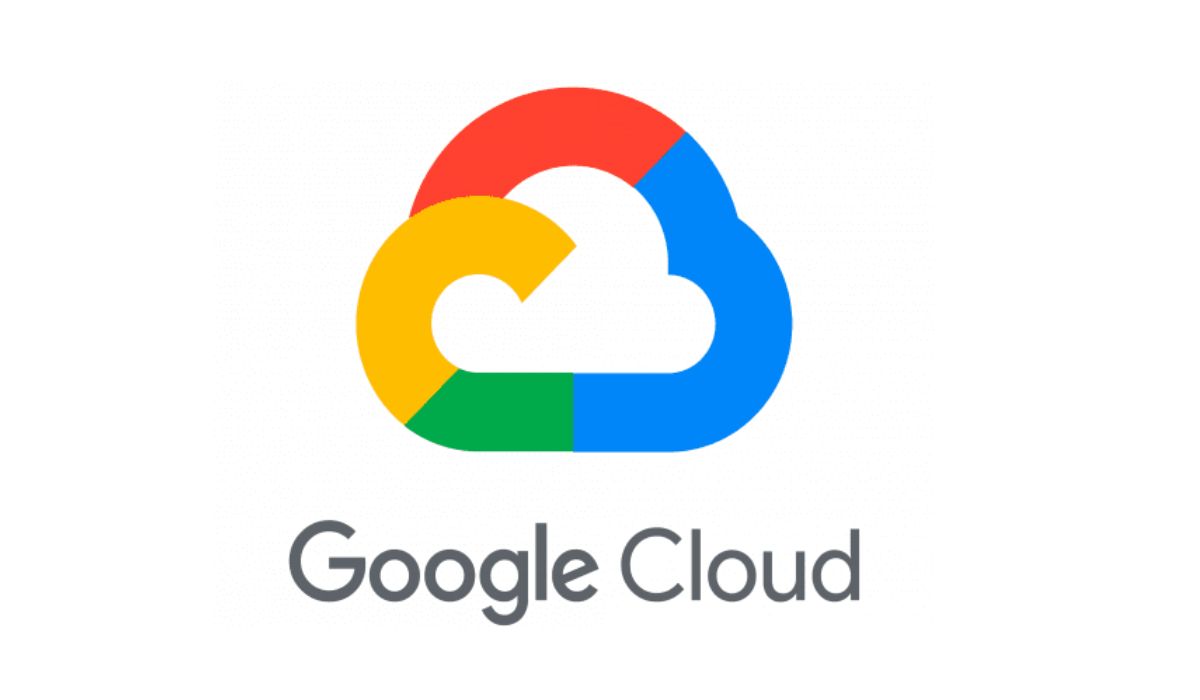In a highly competitive cloud services market, Google Cloud has emerged as a formidable player with its focus on generative AI, seeing a 28% increase in revenue to $9.57 billion for the recent quarter. Alphabet, Google’s parent company, attributes this impressive growth to the rising demand for AI-powered tools, which have been integrated across its cloud services to meet enterprise needs. This leap in revenue signals a strategic shift, positioning Google as a strong contender against Amazon Web Services (AWS) and Microsoft Azure.

Google Cloud’s momentum is rooted in long-term investments in artificial intelligence and custom technologies like the Gemini family of models. These AI-driven offerings enable customers to utilize advanced data processing, code generation, and cybersecurity insights. Charles Rogers of M Science notes that Google’s emphasis on Tensor Processing Units (TPUs)—custom chips optimized for AI workloads—has further differentiated it from AWS and Azure, aiding in its ability to attract new customers, despite Google Cloud being historically smaller in market share.
The cloud services competition has intensified as AI becomes central to both business operations and customer engagement. AWS, once the undeniable market leader, is now closely trailed by Microsoft Azure, which has also experienced robust growth due to its significant investment in OpenAI technologies, including the integration of GPT models. Microsoft’s AI-centric tools, such as Copilot, have bolstered productivity within enterprise applications, allowing Azure to capture a larger share of the market.
Analysts see Google Cloud’s recent success as more than a quarterly highlight. Roy Chua, founder of Avid Think, points out that while AWS leads in infrastructure, Google and Microsoft have developed AI-centered ecosystems, leveraging custom models and foundational technologies that offer enterprises varied advantages. The key difference lies in Google’s ability to embed AI across its platform, making complex tasks manageable for a diverse range of industries. This level of integration has made Google’s Vertex AI platform particularly appealing to companies seeking robust AI capabilities for custom model development.
However, this rapid AI-fueled growth in the cloud sector isn’t without challenges. As Bob O’Donnell of TECHnalysis Research explains, companies like Google must balance customer demand with the ethical and regulatory concerns surrounding AI. Privacy, security, and data transparency are key considerations as the industry scales up its use of AI technologies.
Looking forward, Alphabet’s recently appointed CFO, Anat Ashkenazi, hinted at increased investments in AI capabilities and global data center expansion for 2025. This financial commitment underscores Google’s vision to expand its global cloud footprint, mirroring moves by Amazon and Microsoft, which have also ramped up cloud infrastructure spending in recent years. These tech giants are closely watching Google’s trajectory, particularly after the market’s strong response to Alphabet’s Q3 report, with the company’s stock climbing 5.5% post-announcement.
As the “Big 5” of cloud providers evolve their AI strategies, the key question remains: how will AWS and Microsoft respond to Google’s competitive surge? The cloud race has now become as much about innovation as it is about market share, with each provider pushing the boundaries of what AI can achieve.
















